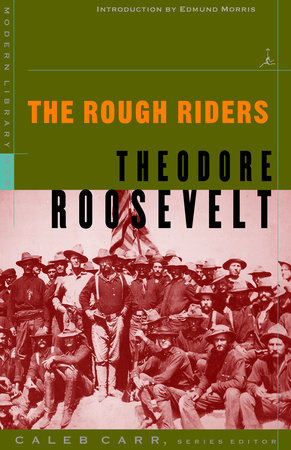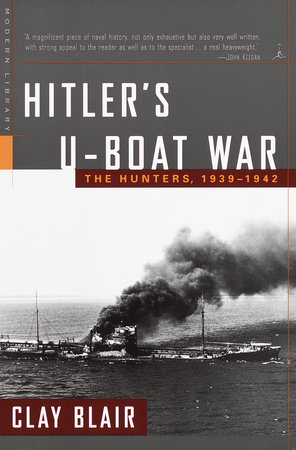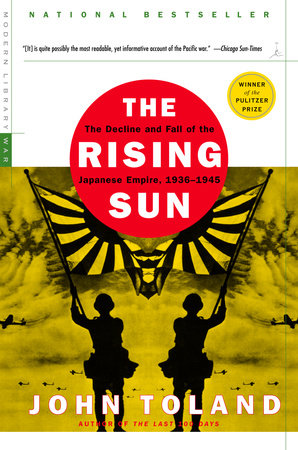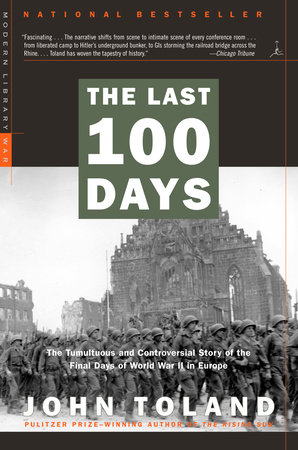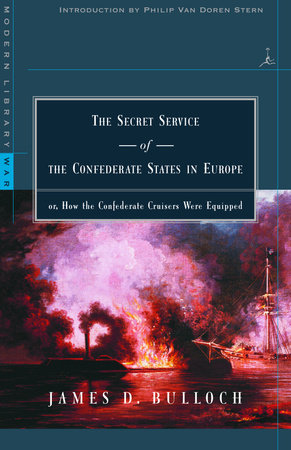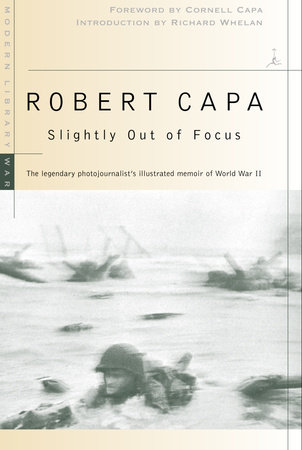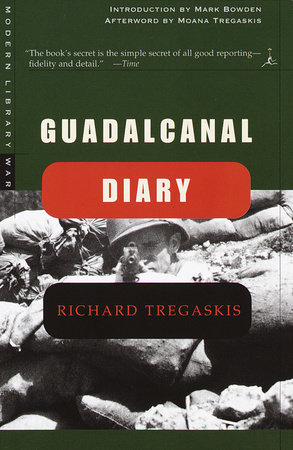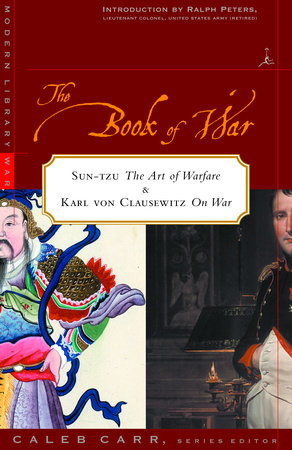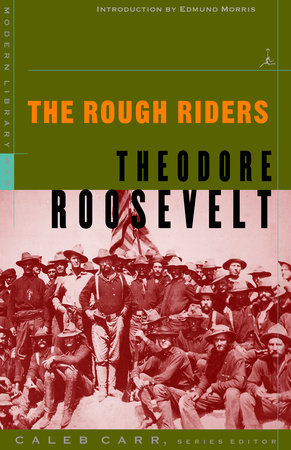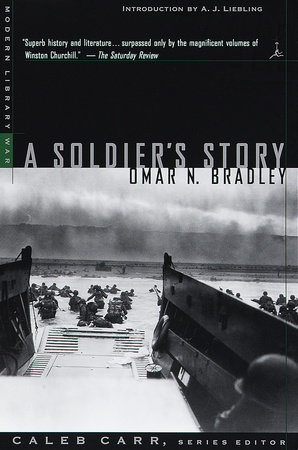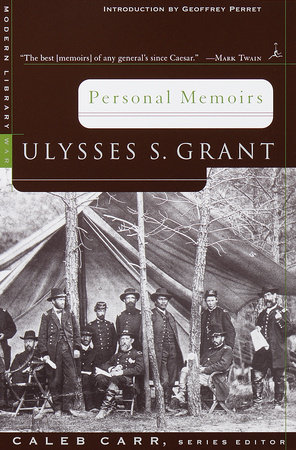Excerpt
The Rough Riders
During the year preceding the outbreak of the Spanish War I was Assistant Secretary of the Navy. While my party was in opposition, I had preached, with all the fervor and zeal I possessed, our duty to intervene in Cuba, and to take this opportunity of driving the Spaniard from the Western World. Now that my party had come to power, I felt it incumbent on me, by word and deed, to do all I could to secure the carrying out of the policy in which I so heartily believed; and from the beginning I had determined that, if a war came, somehow or other, I was going to the front.
Meanwhile, there was any amount of work at hand in getting ready the navy, and to this I devoted myself.
Naturally, when one is intensely interested in a certain cause, the tendency is to associate particularly with those who take the same view. A large number of my friends felt very differently from the way I felt, and looked upon the possibility of war with sincere horror. But I found plenty of sympathizers, especially in the navy, the army, and the Senate Committee on Foreign Affairs. Commodore Dewey, Captain Evans, Captain Brownson, Captain Davis--with these and the various other naval officers on duty at Washington I used to hold long consultations, during which we went over and over, not only every question of naval administration, but specifically everything necessary to do in order to put the navy in trim to strike quick and hard if, as we believed would be the case, we went to war with Spain. Sending an ample quantity of ammunition to the Asiatic squadron and providing it with coal; getting the battle-ships and the armored cruisers on the Atlantic into one squadron, both to train them in man'uvring together, and to have them ready to sail against either the Cuban or the Spanish coasts; gathering the torpedo-boats into a flotilla for practice; securing ample target exercise, so conducted as to raise the standard of our marksmanship; gathering in the small ships from European and South American waters; settling on the number and kind of craft needed as auxiliary cruisers--every one of these points was threshed over in conversations with officers who were present in Washington, or in correspondence with officers who, like Captain Mahan, were absent.
As for the Senators, of course Senator Lodge and I felt precisely alike; for to fight in such a cause and with such an enemy was merely to carry out the doctrines we had both of us preached for many years. Senator Davis, Senator Proctor, Senator Foraker, Senator Chandler, Senator Morgan, Senator Frye, and a number of others also took just the right ground; and I saw a great deal of them, as well as of many members of the House, particularly those from the West, where the feeling for war was strongest.
Naval officers came and went, and Senators were only in the city while the Senate was in session; but there was one friend who was steadily in Washington. This was an army surgeon, Dr. Leonard Wood. I only met him after I entered the navy department, but we soon found that we had kindred tastes and kindred principles. He had served in General Miles's inconceivably harassing campaigns against the Apaches, where he had displayed such courage that he won that most coveted of distinctions--the Medal of Honor; such extraordinary physical strength and endurance that he grew to be recognized as one of the two or three white men who could stand fatigue and hardship as well as an Apache; and such judgment that toward the close of the campaigns he was given, though a surgeon, the actual command of more than one expedition against the bands of renegade Indians. Like so many of the gallant fighters with whom it was later my good fortune to serve, he combined, in a very high degree, the qualities of entire manliness with entire uprightness and cleanliness of character. It was a pleasure to deal with a man of high ideals, who scorned everything mean and base, and who also possessed those robust and hardy qualities of body and mind, for the lack of which no merely negative virtue can ever atone. He was by nature a soldier of the highest type, and, like most natural soldiers, he was, of course, born with a keen longing for adventure; and, though an excellent doctor, what he really desired was the chance to lead men in some kind of hazard. To every possibility of such adventure he paid quick attention. For instance, he had a great desire to get me to go with him on an expedition into the Klondike in mid-winter, at the time when it was thought that a relief party would have to be sent there to help the starving miners.
In the summer he and I took long walks together through the beautiful broken country surrounding Washington. In winter we sometimes varied these walks by kicking a foot-ball in an empty lot, or, on the rare occasions when there was enough snow, by trying a couple of sets of skis or snow-skates, which had been sent me from Canada.
But always on our way out to and back from these walks and sport, there was one topic to which, in our talking, we returned, and that was the possible war with Spain. We both felt very strongly that such a war would be as righteous as it would be advantageous to the honor and the interests of the nation; and after the blowing up of the Maine, we felt that it was inevitable. We then at once began to try to see that we had our share in it. The President and my own chief, Secretary Long, were very firm against my going, but they said that if I was bent upon going they would help me. Wood was the medical adviser of both the President and the Secretary of War, and could count upon their friendship. So we started with the odds in our favor.
At first we had great difficulty in knowing exactly what to try for. We could go on the staff of any one of several Generals, but we much preferred to go in the line. Wood hoped he might get a commission in his native State of Massachusetts; but in Massachusetts, as in every other State, it proved there were ten men who wanted to go to the war for every chance to go. Then we thought we might get positions as field-officers under an old friend of mine, Colonel--now General--Francis V. Greene, of New York, the Colonel of the Seventy-first; but again there were no vacancies.
Our doubts were resolved when Congress authorized the raising of three cavalry regiments from among the wild riders and riflemen of the Rockies and the Great Plains. During Wood's service in the Southwest he had commanded not only regulars and Indian scouts, but also white frontiersmen. In the Northwest I had spent much of my time, for many years, either on my ranch or in long hunting trips, and had lived and worked for months together with the cow-boy and the mountain hunter, faring in every way precisely as they did.
Secretary Alger offered me the command of one of these regiments. If I had taken it, being entirely inexperienced in military work, I should not have known how to get it equipped most rapidly, for I should have spent valuable weeks in learning its needs, with the result that I should have missed the Santiago campaign, and might not even have had the consolation prize of going to Porto Rico. Fortunately, I was wise enough to tell the Secretary that while I believed I could learn to command the regiment in a month, yet that it was just this very month which I could not afford to spare, and that therefore I would be quite content to go as Lieutenant-Colonel, if he would make Wood Colonel.
This was entirely satisfactory to both the President and Secretary, and, accordingly, Wood and I were speedily commissioned as Colonel and Lieutenant-Colonel of the First United States Volunteer Cavalry. This was the official title of the regiment, but for some reason or other the public promptly christened us the 'Rough Riders.' At first we fought against the use of the term, but to no purpose; and when finally the Generals of Division and Brigade began to write in formal communications about our regiment as the 'Rough Riders,' we adopted the term ourselves.


